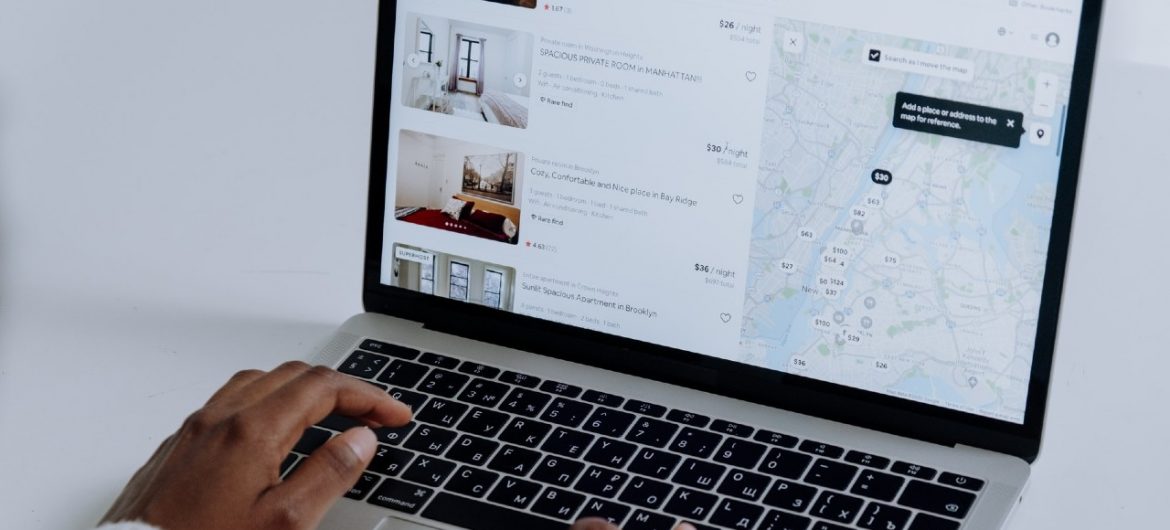Airbnb’s highly anticipated stock market offering opened at $146 per share on Thursday, more than doubling the $68 per share initial offering price.
Airbnb priced its initial public offering well above the $56-$60 per share range, selling 51.5 million shares to raise about $3.5 billion at a fully diluted valuation of $47 billion. At $146 per share opening price, Airbnb’s valuation exceeded $100 billion.
The stock traded as high as $165 per share on its first day of trading.
Airbnb’s valuation based on the $146 per share price is higher than some of travel’s biggest names. Booking has a valuation of more than $86 billion and Expedia has an $18 billion market cap. Hotel chains, such as Marriott and Hilton, have market caps of more than $42 billion and $29 billion, respectively.
Short term rentals have fared better than hotels during the pandemic. Given the lofty valuation, the market expects Airbnb to outperform.
Two areas of growth for Airbnb are long term stays and lower penetrated markets as Airbnb continues to leverage its brand.
Long term stays accounted for 14% of nights booked in 2019 and 24% for the nine months ended September 30, 2020. Long term stays are a growth opportunity for Airbnb given the accelerated acceptance of remote work. Airbnb has capitalized on this trend and is pushing a vision of “work from any home” and is making a push into the housing space.
For long-term stays, we calculate that we can address our estimate for the entire $48 billion global serviced apartment market and 10% of the $1.6 trillion global residential rental market, or $162 billion.
AIRBNB S-1
A primary focus of its global expansion is under penetrated markets such as India, China, Latin America, Southeast Asia with a more localized product.
We will make Airbnb more accessible in more places by further localizing our product… Finally, we plan to continue to invest in our brand in China, Aibiying, to better serve our Chinese hosts and guests.
AIRBNB S-1
One of the major risks for Airbnb is further restrictions on home-sharing from local municipalities. Neighborhood groups have become increasingly annoyed with the proliferation of short term rentals which they associated with noise, parties, and higher housing costs.
Regulation remains a risk for the company, but the key is how the company will manage this risk. So far, regulations haven’t impeded Airbnb’s profits. Its revenue risk exposure is low given that no one city accounted for more than 2.5% of revenue or 1.5% of listings according to Airbnb’s IPO filing. Airbnb has been working with local governments — so cooperation exists, but the PR war persists.





